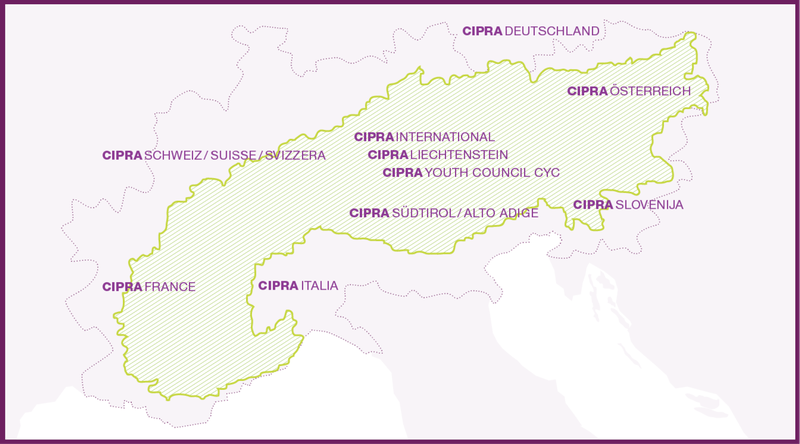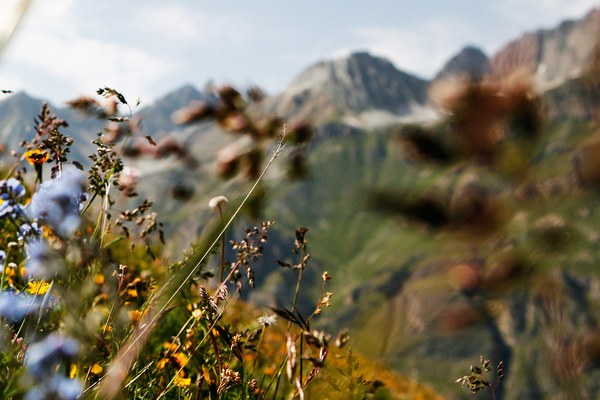Laura Haberfellner, CIPRA International Lab
Innovation to counter emigration
Emigration and the brain drain in the Alpine region: a new EU project involving CIPRA aims to counteract this trend. It is testing innovative governance models to strengthen mountain regions and create a win-win situation for regions of origin, destinations and young emigrants.
Who is CIPRA?
Find out more!
More articles
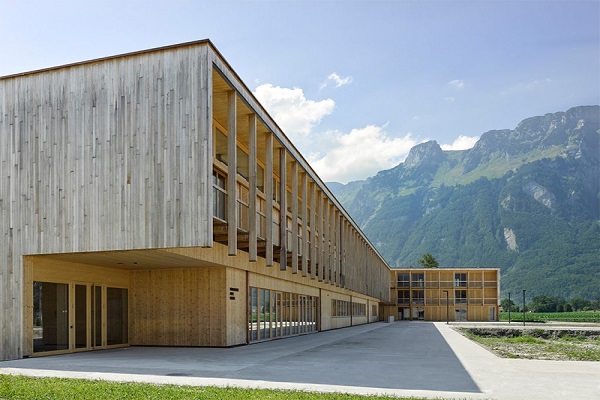
alpMedia
Outstanding architecture
Climate awareness meets aesthetics: Switzerland and Liechtenstein are awarded the “Constructive Alps” architecture prize for sustainable renovation and construction in the Alps for the fifth time.

alpMedia
The Alps as Commons
How does ecologically sustainable management in the Alpine region contribute to a better quality of life? Answers and food for thought are provided by the themed booklet SzeneAlpen, published in November 2020.
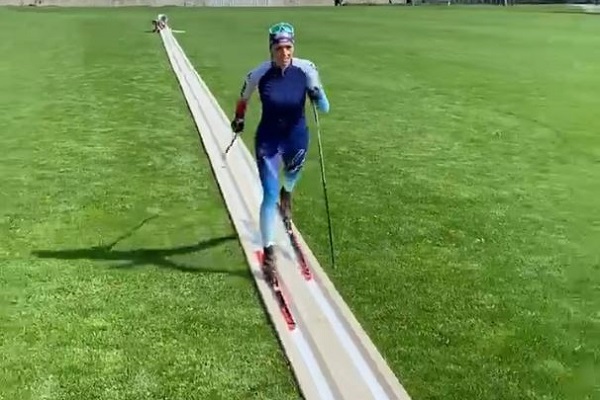
alpMedia
Strange, but true...
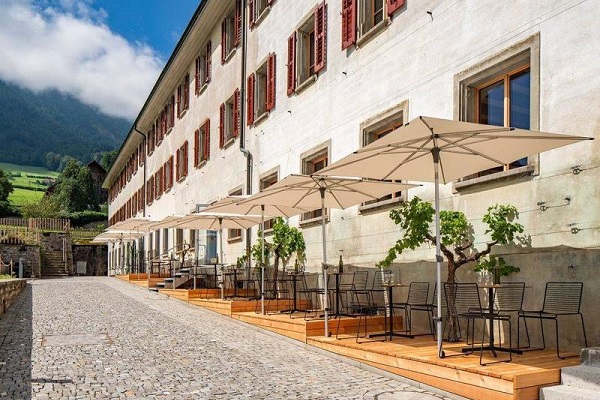
alpMedia
Developing Alpine culinary arts
The first competence centre for regional culinary arts in the Alps opened in autumn 2020 with the “Culinarium Alpinum” in Stans/CH, showing how the cooperation of various players is revitalising and developing Alpine food culture.
Events
|
FutureForum Alps 2025 | SAL - Saal am Lindaplatz, Landstrasse 19, 9494 Schaan, Liechtenstein |
Projects
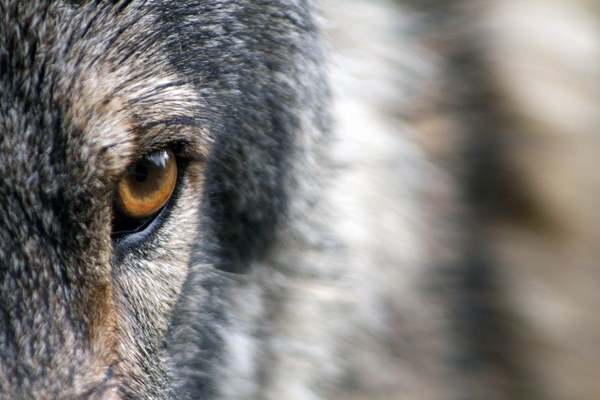
CIPRA International | CIPRA Deutschland | CIPRA Italia | CIPRA France
Knowledge transfer on the co-adaptation of humans and wolves in the Alpine region
[Project completed] The return of large carnivores is increasingly causing the fronts to harden between different groups of stakeholders. Among the large carnivores returning to the Alps, the wolf is the most widespread and therefore the most widely debated animal. Wolves are synanthropic animals and cross boundaries - physical as well as intangible ones – regularly. Thus, they have been accompanying and influencing social and cultural processes since time immemorial. In this project, CIPRA has taken on the task to collect, analyse, make available and disseminate knowledge about the co-adaptation of humans and wolves throughout the Alps.

